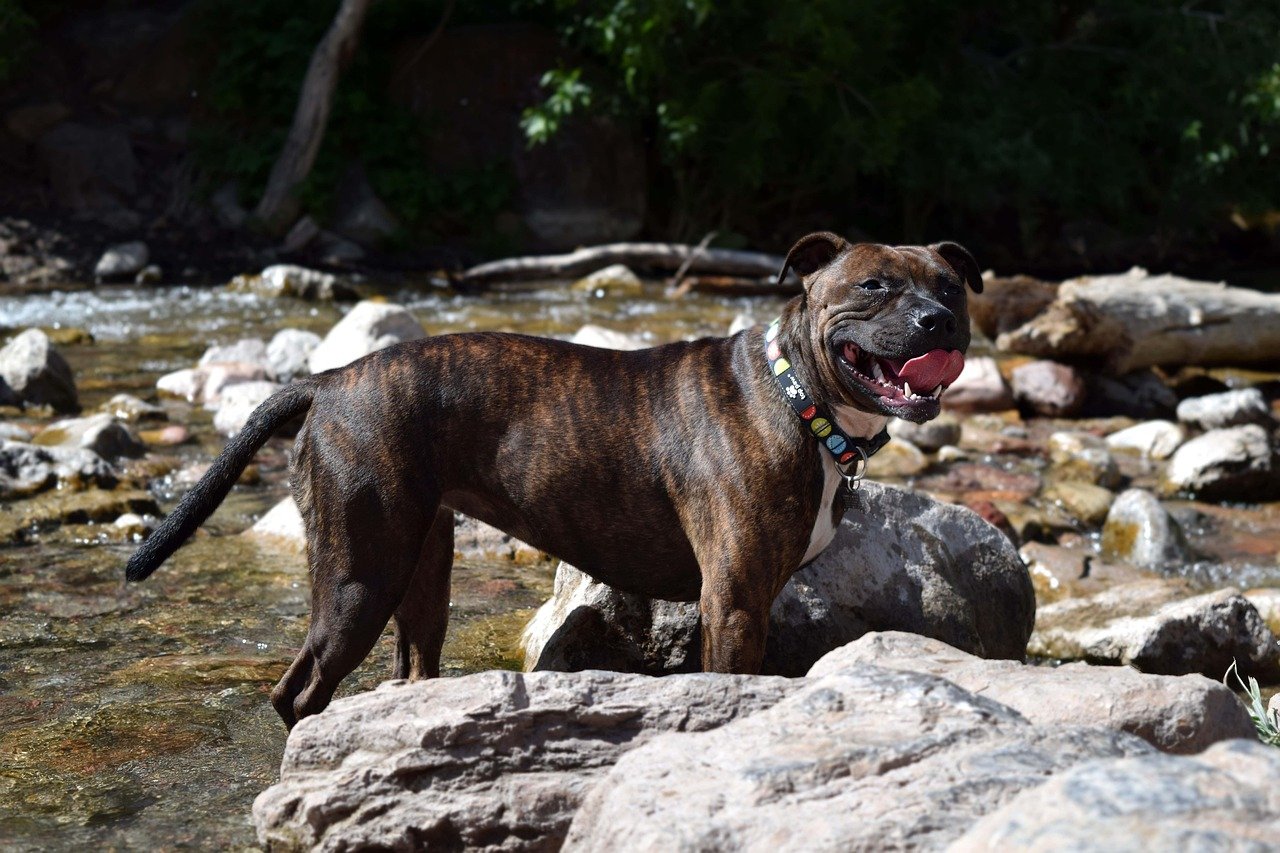Have you ever witnessed the magical bond between a child and their dog? For families with special needs children, the right dog can do so much more than simply provide affection—they become a source of comfort, confidence, and even healing. The unconditional love and unwavering loyalty of a dog can turn even the hardest days into moments of hope. But not every breed is suited for the unique challenges and joys that come with special needs. Some dogs have that special spark: patience, gentleness, and a remarkable ability to connect deeply. Let’s explore the world of dog breeds that are not just companions, but true heroes for children with special needs.
Labrador Retriever: The Gentle Giant
Labrador Retrievers are famous for their kind hearts and boundless patience. These dogs seem to have a sixth sense when it comes to understanding children, especially those with special needs. Labradors are often chosen as therapy and service dogs because of their intuitive nature. Their playful yet calm demeanor makes them perfect for children who may need a friend to help them feel safe. Labradors are also sturdy and can handle hugs, cuddles, and even the occasional rough play without getting flustered. Their eagerness to please means they quickly adapt to routines, which is essential for children who thrive on predictability. Plus, their loving eyes have a way of making anyone feel understood and accepted.
Golden Retriever: A Patient Playmate
Golden Retrievers are the epitome of friendliness and patience. With their soft, golden coats and wagging tails, they bring sunshine into any home. Children with special needs often respond well to Golden Retrievers because of their gentle approach and calming energy. These dogs are known for being tolerant, even when faced with unexpected movements or loud noises. Goldens are quick to learn and excel in obedience, making them wonderful therapy and assistance dogs. Their playful spirit can encourage children to be more active, while their sensitivity helps soothe anxiety or sensory overload. A Golden Retriever’s loyalty is unmatched—they truly become a child’s best friend and protector.
Poodle: The Smart and Sensitive Companion
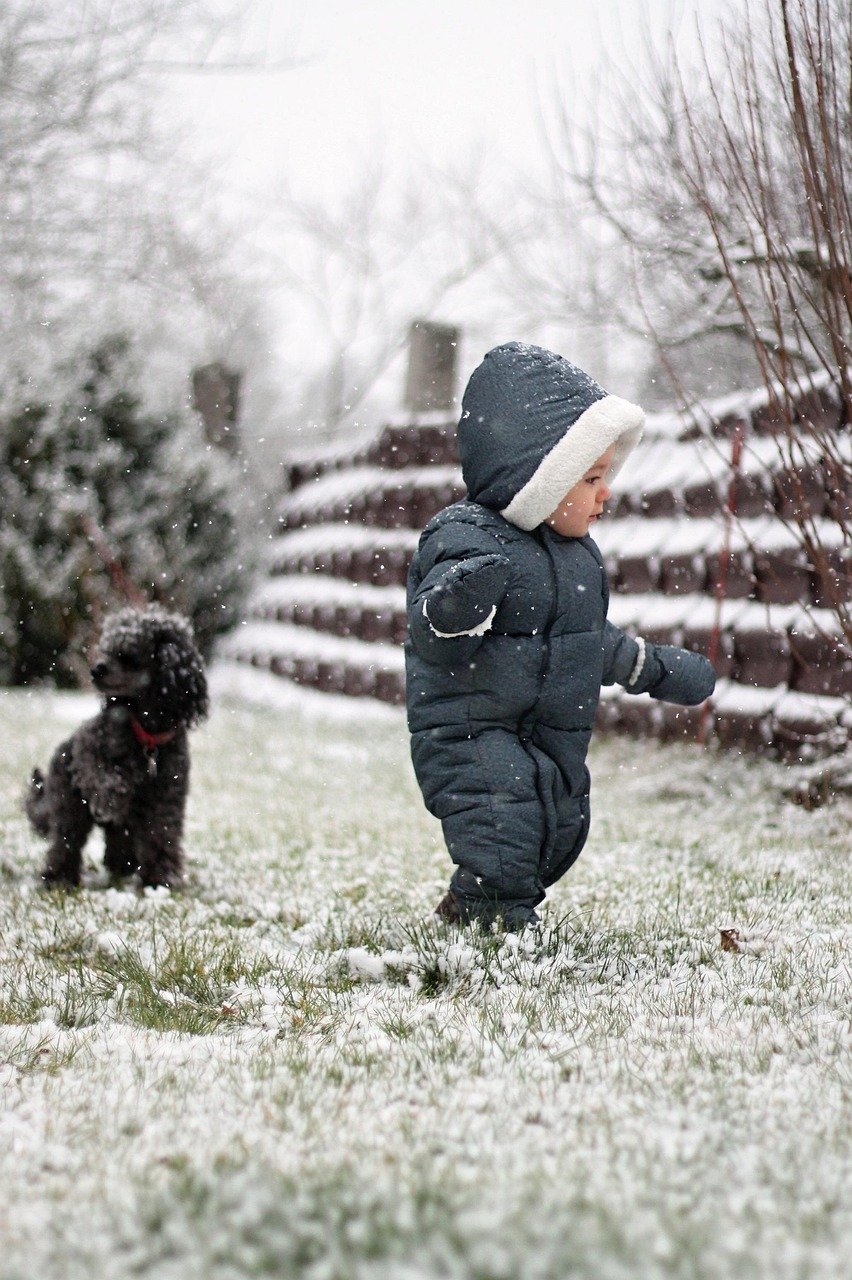
Poodles come in all sizes—standard, miniature, and toy—but all share the same remarkable intelligence and sensitivity. For children with allergies, poodles are a dream come true, thanks to their hypoallergenic coats. Beyond their good looks, poodles are incredibly perceptive and can pick up on their owner’s emotions with ease. Their intelligence means they can be trained for therapy tasks, like fetching items or providing gentle pressure during meltdowns. Poodles thrive on human interaction and can bond closely with children, providing both companionship and security. They are gentle enough for children who need calm, yet energetic enough to participate in play.
Bernese Mountain Dog: The Gentle Guardian
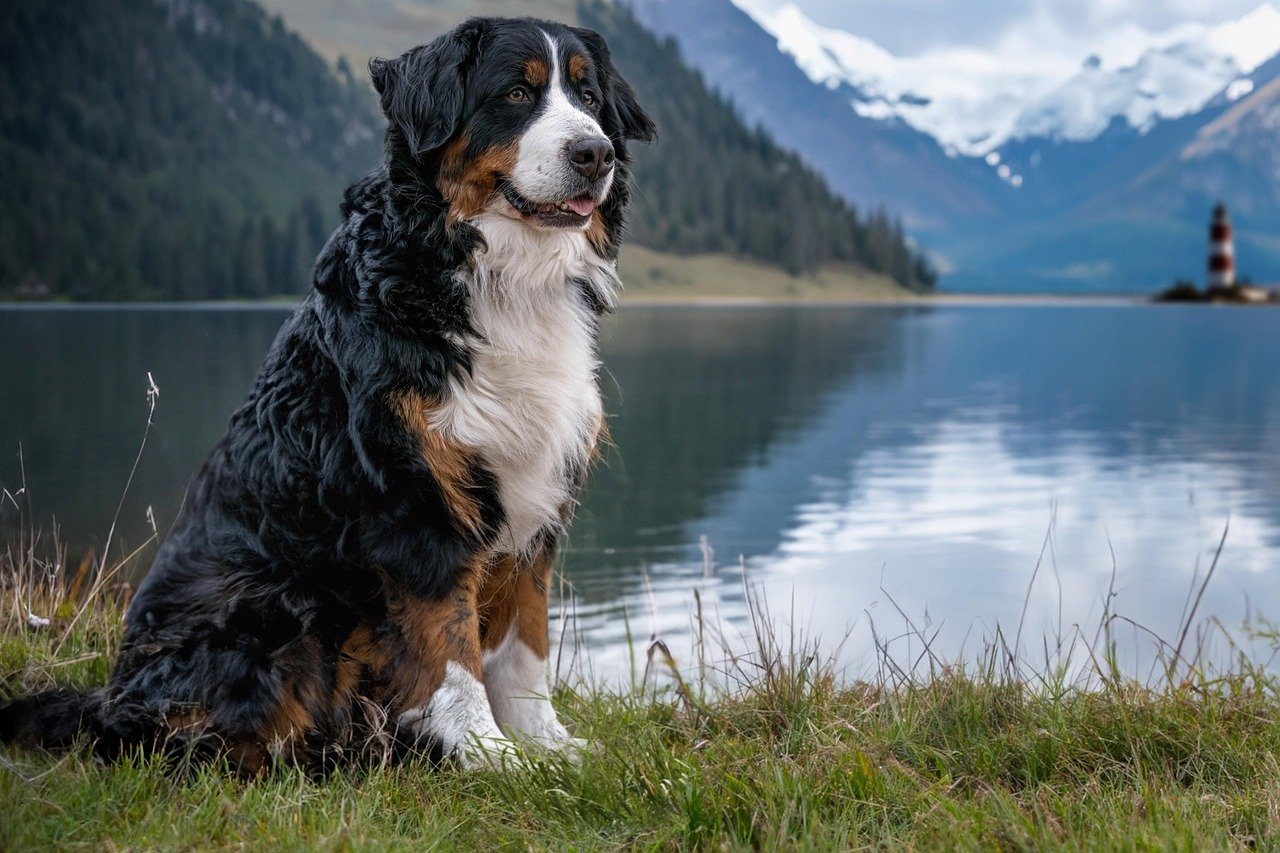
Bernese Mountain Dogs might look imposing, but underneath their large frame is a heart full of kindness. These dogs are incredibly gentle, especially with children. Their calm disposition makes them ideal for special needs families seeking a steady, predictable companion. Bernese Mountain Dogs are patient, rarely startled, and enjoy being close to their family members. Their fluffy coats and soulful eyes can be comforting during stressful times. While they need regular exercise, their easygoing nature helps them adapt to a child’s needs, whether that means playing in the yard or simply cuddling on a sofa. Their loyalty provides a sense of security that many children crave.
Boxer: The Energetic Protector
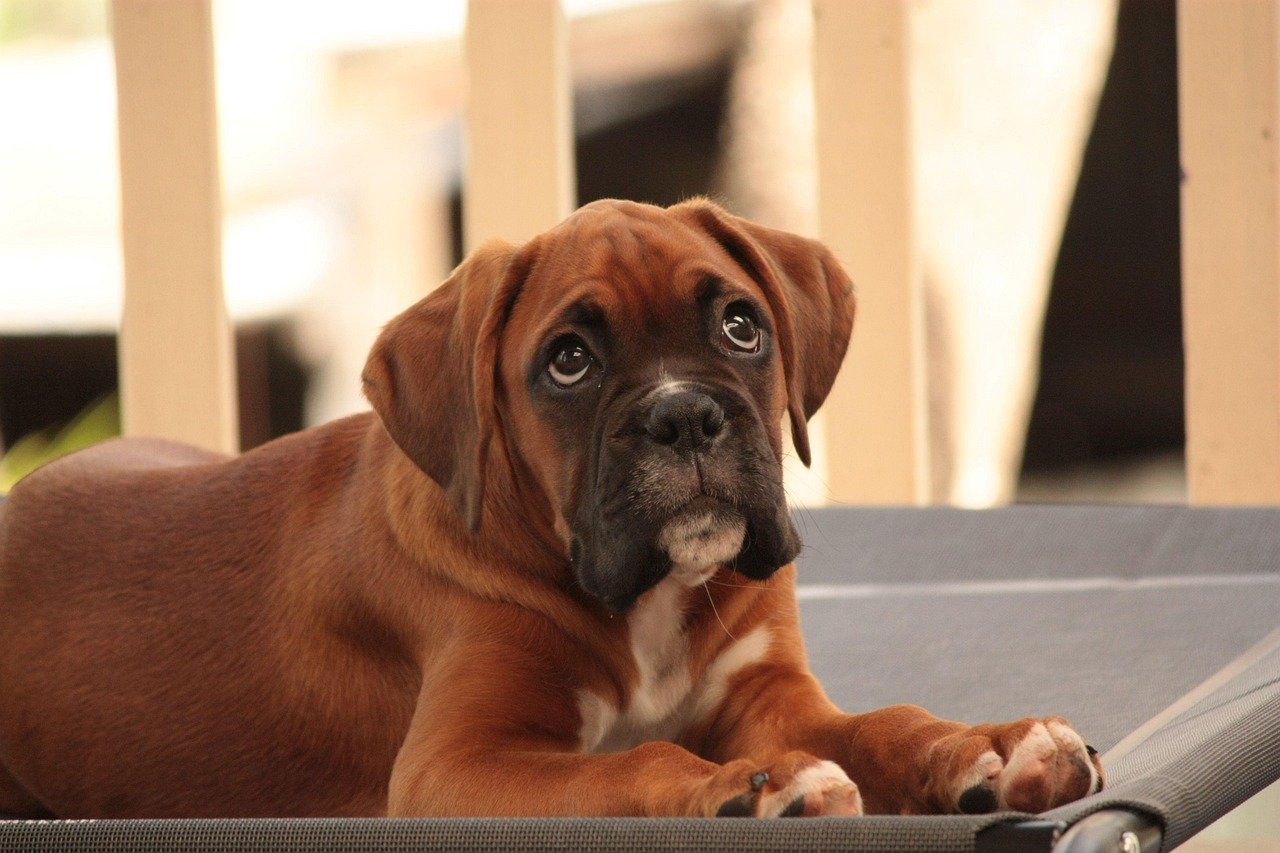
Boxers are known for their exuberance and protective instincts. For children with special needs who have lots of energy, a Boxer can be the perfect match. These dogs are playful, affectionate, and always ready for a game of fetch. Despite their muscular appearance, Boxers are gentle and tolerant with kids, often forming deep bonds. They are alert and naturally protective, making them great watchdogs. Boxers are also highly trainable, which means they can learn specialized commands for therapy or support. Their silly antics and playful spirit can bring laughter and lightness into a home, even on challenging days.
Cavalier King Charles Spaniel: The Comforting Lap Dog
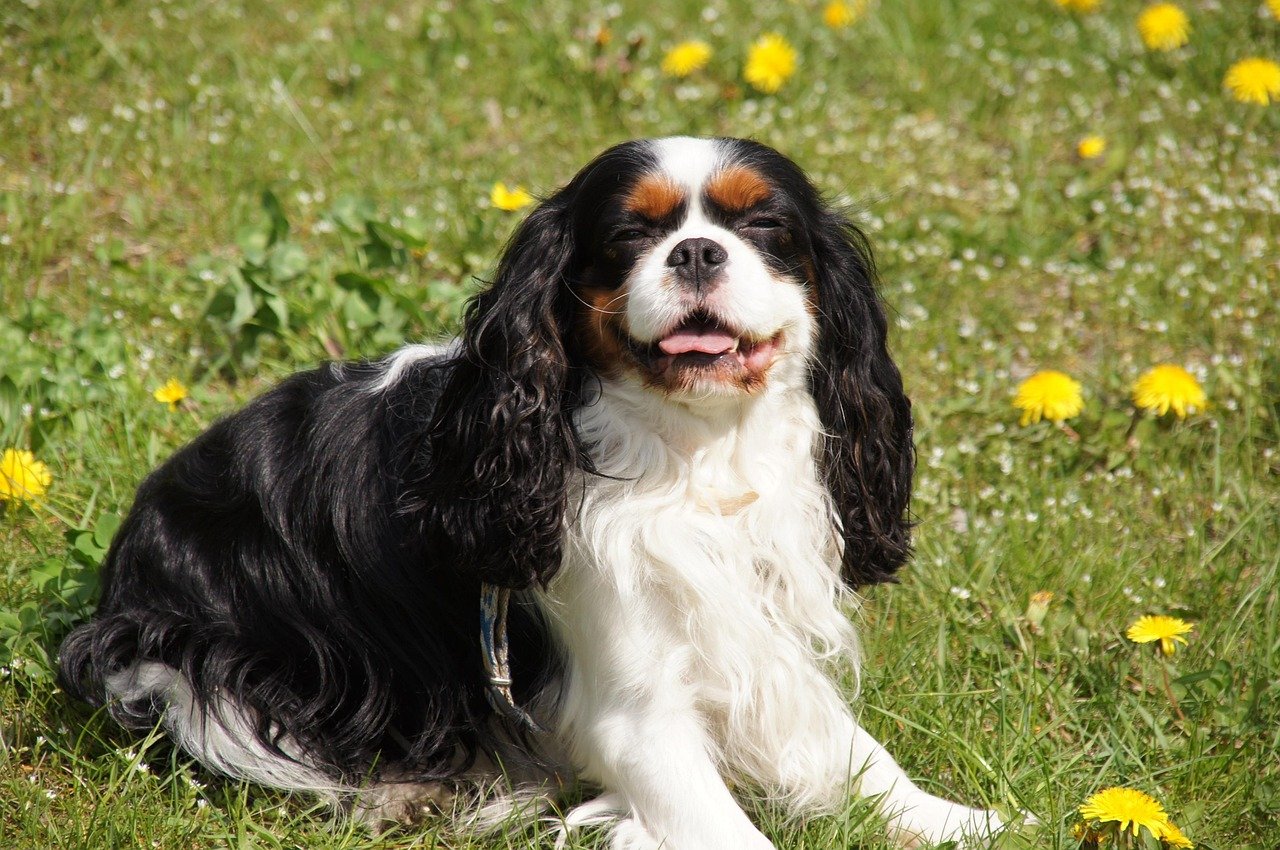
With their big, expressive eyes and soft fur, Cavalier King Charles Spaniels have a way of melting hearts. Their small size makes them ideal for children who may be intimidated by larger breeds. Cavaliers are famous for their affectionate nature—they love nothing more than curling up in a child’s lap or following them from room to room. These dogs are highly intuitive and can sense when a child is upset, often offering comfort with quiet snuggles. Their gentle demeanor makes them less likely to startle children with sensory sensitivities. Cavaliers are adaptable and easygoing, fitting seamlessly into the rhythms of family life.
Beagle: The Curious Companion
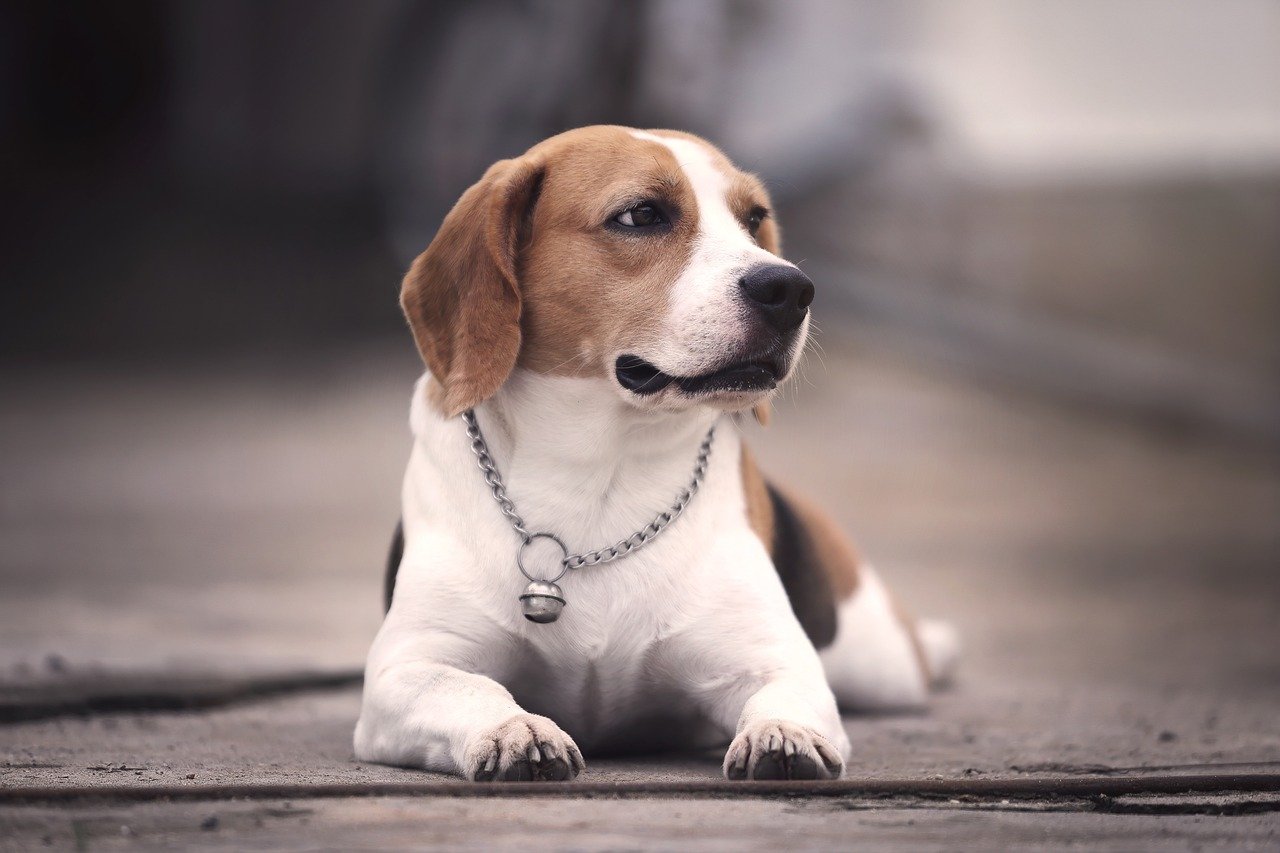
Beagles are packed with personality and curiosity, making them delightful companions for children. Their cheerful disposition and wagging tails can brighten even the gloomiest day. Beagles love adventure and are always up for a walk or a new game, which can encourage children to explore and be active. They are patient and tolerant, rarely losing their cool even with energetic or unpredictable play. Beagles are also small enough to be manageable for children but sturdy enough to handle lots of attention. Their keen noses make them excellent at scent games, which can be a fun and engaging way for children to interact and bond with their pet.
Newfoundland: The Big Cuddler
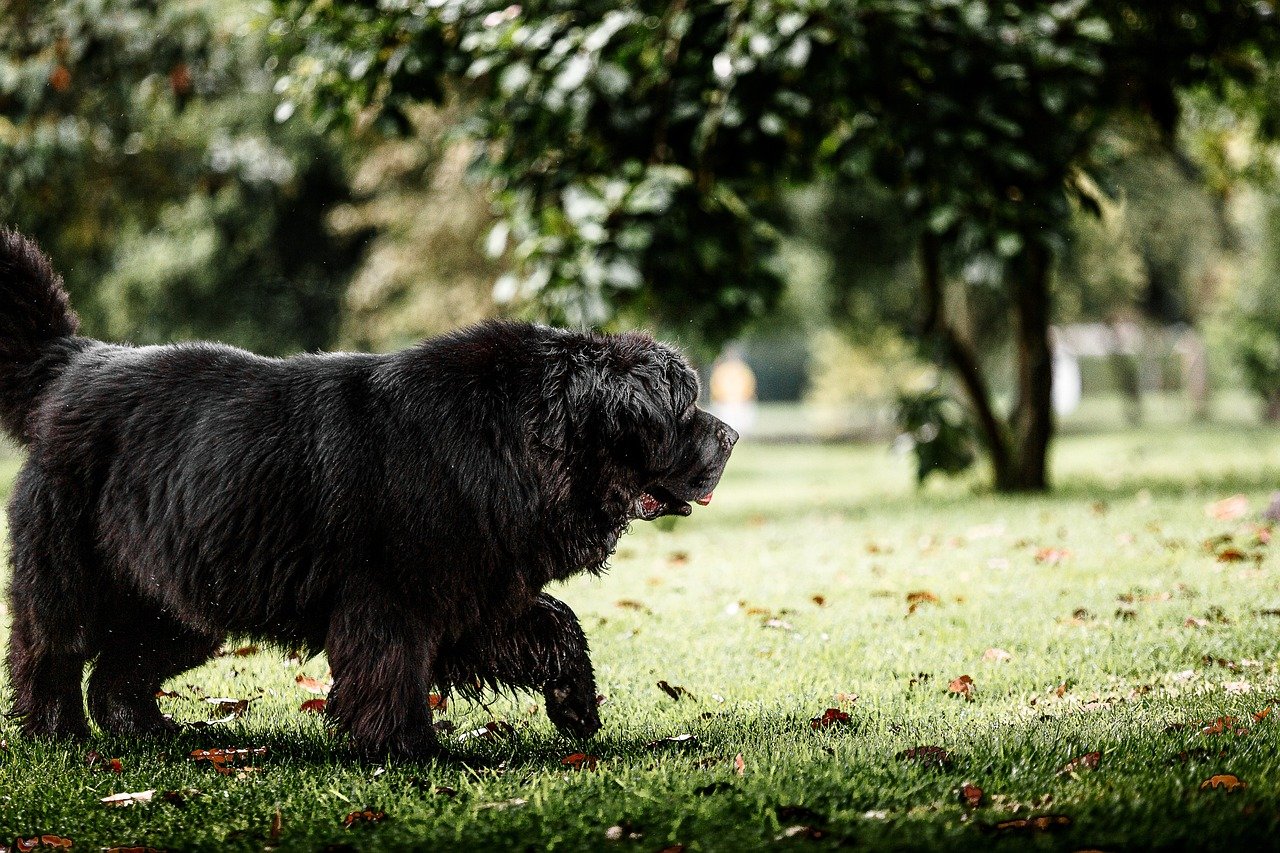
Newfoundlands may be giant in size, but their hearts are even bigger. Known as “gentle giants,” these dogs are impossibly patient and loving. Their calming presence can be especially helpful for children who experience anxiety or sensory overload. Newfoundlands are natural caregivers and often act like furry lifeguards, always keeping a watchful eye on their family. Their thick, fluffy coats invite hugs and cuddles, offering physical comfort that many children crave. Despite their size, Newfoundlands are gentle and move carefully around kids. Their steady, reassuring nature helps foster a sense of safety and trust.
Collie: The Sensitive Helper
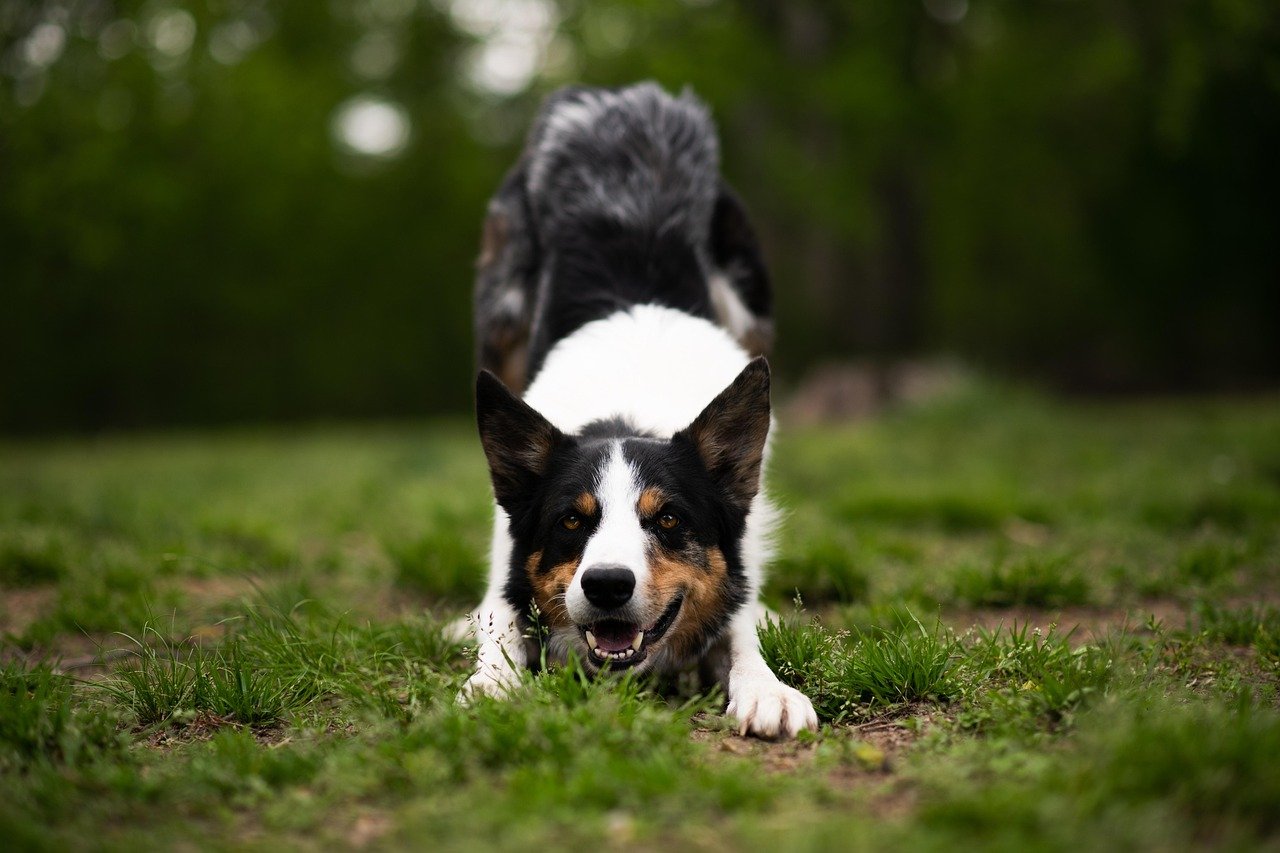
Collies are the stars of many heartwarming stories for good reason. These dogs are incredibly devoted and sensitive to the needs of their family members. Collies often form strong attachments to children, becoming their loyal shadows and protectors. Their intelligence makes them quick learners, well-suited for therapy or emotional support roles. Collies are gentle and patient, rarely startled by sudden movements or loud noises. Their thick, soft fur and affectionate nature make them ideal for children who seek comfort through touch. Collies thrive on routine and love being involved in family activities, making them fantastic companions for children who benefit from structure.
Staffordshire Bull Terrier: The Loving Nanny Dog
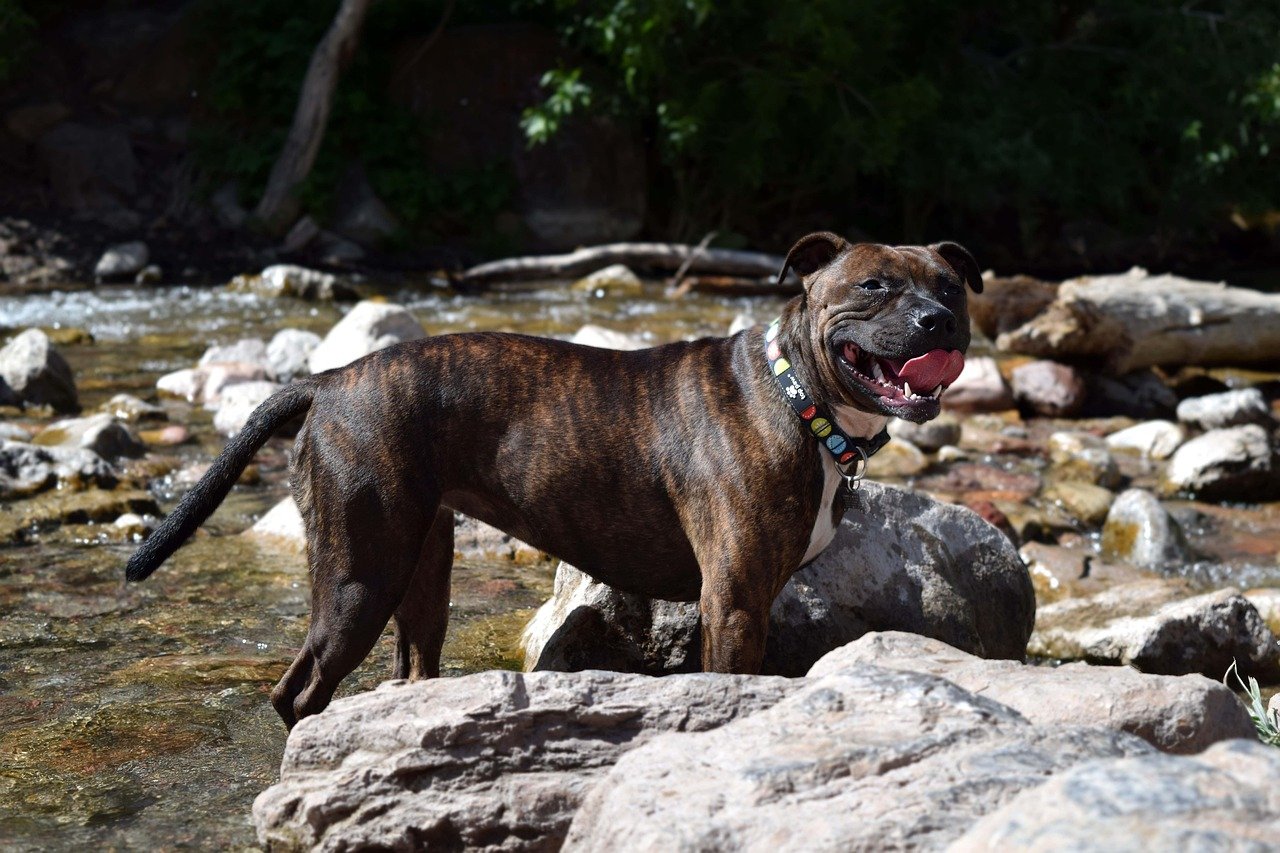
Despite their tough exterior, Staffordshire Bull Terriers are known as “nanny dogs” for their unwavering devotion to children. These dogs are incredibly affectionate and thrive on human interaction. They are sturdy and tolerant, ideal for children who may need extra patience or encouragement. Staffies are playful and energetic, always up for a game or a cuddle. Their loyalty is unmatched—they will go to great lengths to protect and comfort their young companions. Staffies often sense when a child needs support, offering gentle nudges or comforting snuggles. Their joyful spirit can lift the mood in any home.
Australian Shepherd: The Energetic Encourager
Australian Shepherds are bundles of energy and intelligence, making them wonderful partners for active children or those who benefit from physical activity. These dogs excel at learning new tricks and love participating in games or agility exercises. Australian Shepherds are sensitive to their owners’ moods and can provide comfort during emotional moments. Their playful nature encourages children to engage and explore, building confidence and coordination. Aussies are also highly trainable for therapy or assistance roles, able to learn routines and specialized commands. Their striking appearance and expressive eyes often draw children in, creating instant connections.
Bichon Frise: The Cheerful Cuddle Buddy
Bichon Frises are like living cotton balls—soft, cheerful, and always ready to make you smile. Their hypoallergenic coats are perfect for children with allergies, while their happy-go-lucky attitude brings joy to every day. Bichons are gentle and affectionate, thriving on close bonds with their family. They are small enough to be handled easily by children, yet sturdy enough to enjoy playtime. Bichons are sensitive and often pick up on their young owner’s emotions, offering cuddles or playful antics to lift their spirits. Their love of companionship means they rarely want to leave a child’s side.
Pug: The Comical Comforter
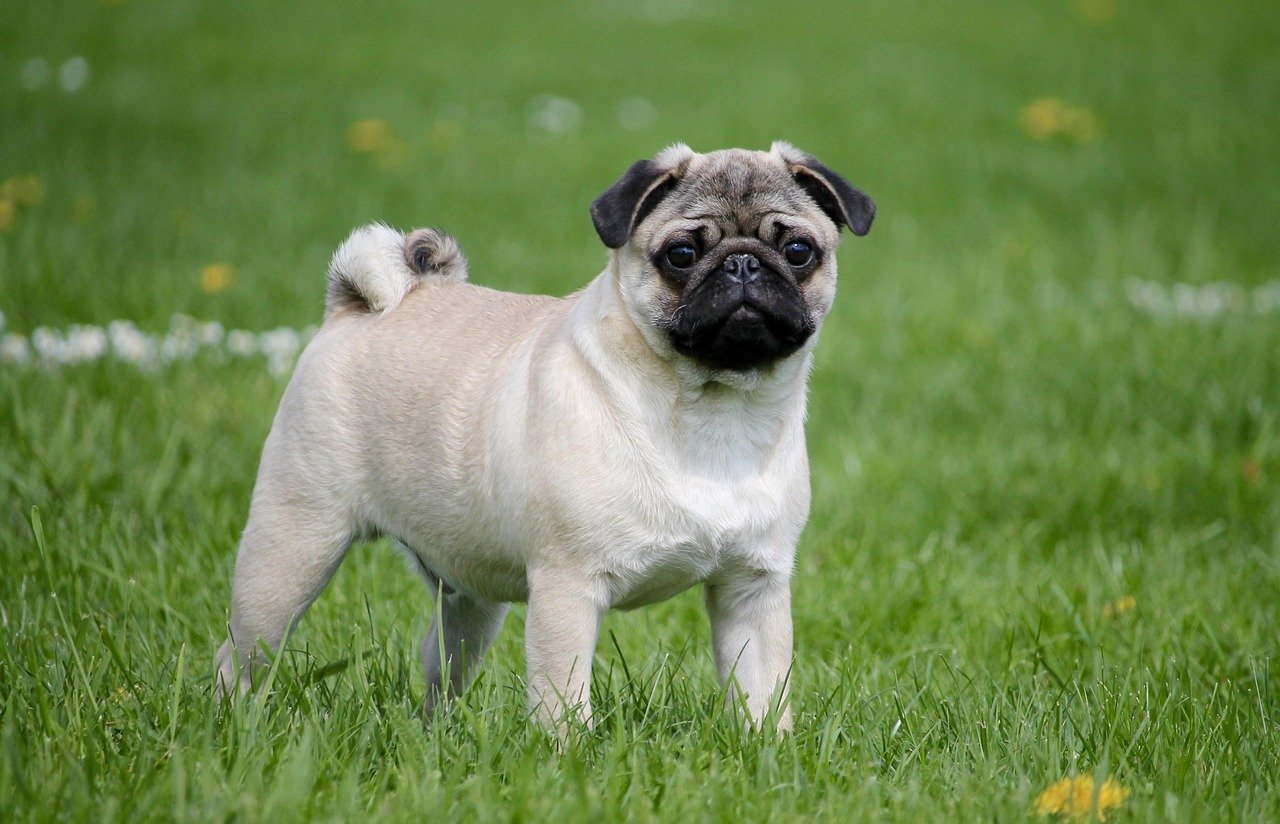
Pugs may be small, but their personalities fill the room. These dogs are known for their clownish antics and unwavering devotion. Pugs are incredibly loving and enjoy being the center of attention, making them perfect for children who need a constant companion. Their compact size makes them easy to handle, and their gentle nature ensures they are safe around even the smallest children. Pugs are sensitive to emotions and will often try to cheer up a sad child with silly faces or snuggles. Their loyalty and patience help build strong, lasting bonds.
Saint Bernard: The Gentle Giant Friend
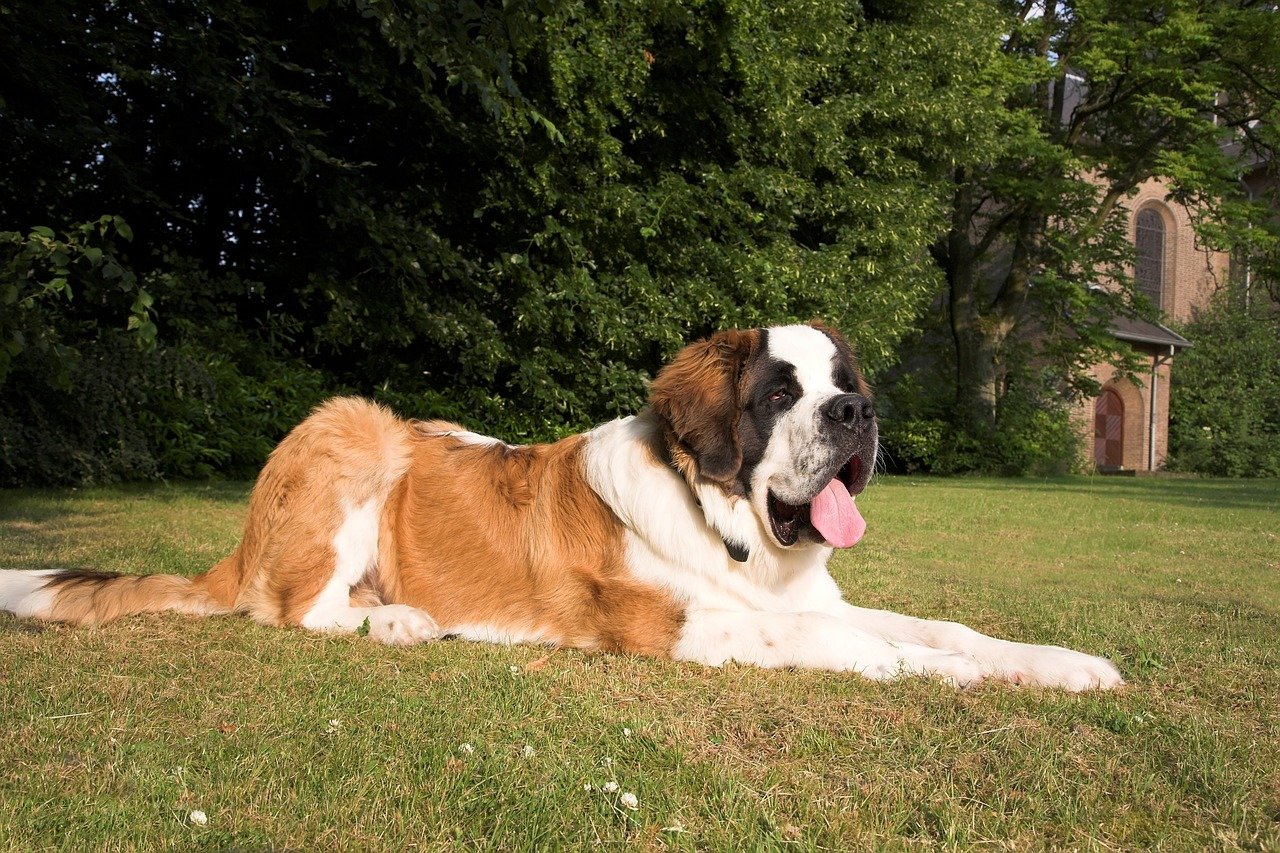
Saint Bernards are legendary for their size and sweetness. These massive dogs are gentle, patient, and incredibly loving. Their calm presence can provide reassurance to children who struggle with anxiety or sensory challenges. Saint Bernards are tolerant of noise and rough play, rarely getting upset. Their size means they can provide physical support, such as bracing for a child learning to walk. Despite their bulk, Saint Bernards move with care around children, showing surprising delicacy. Their affectionate nature helps children feel safe and loved, even on the toughest days.
Standard Schnauzer: The Watchful Companion
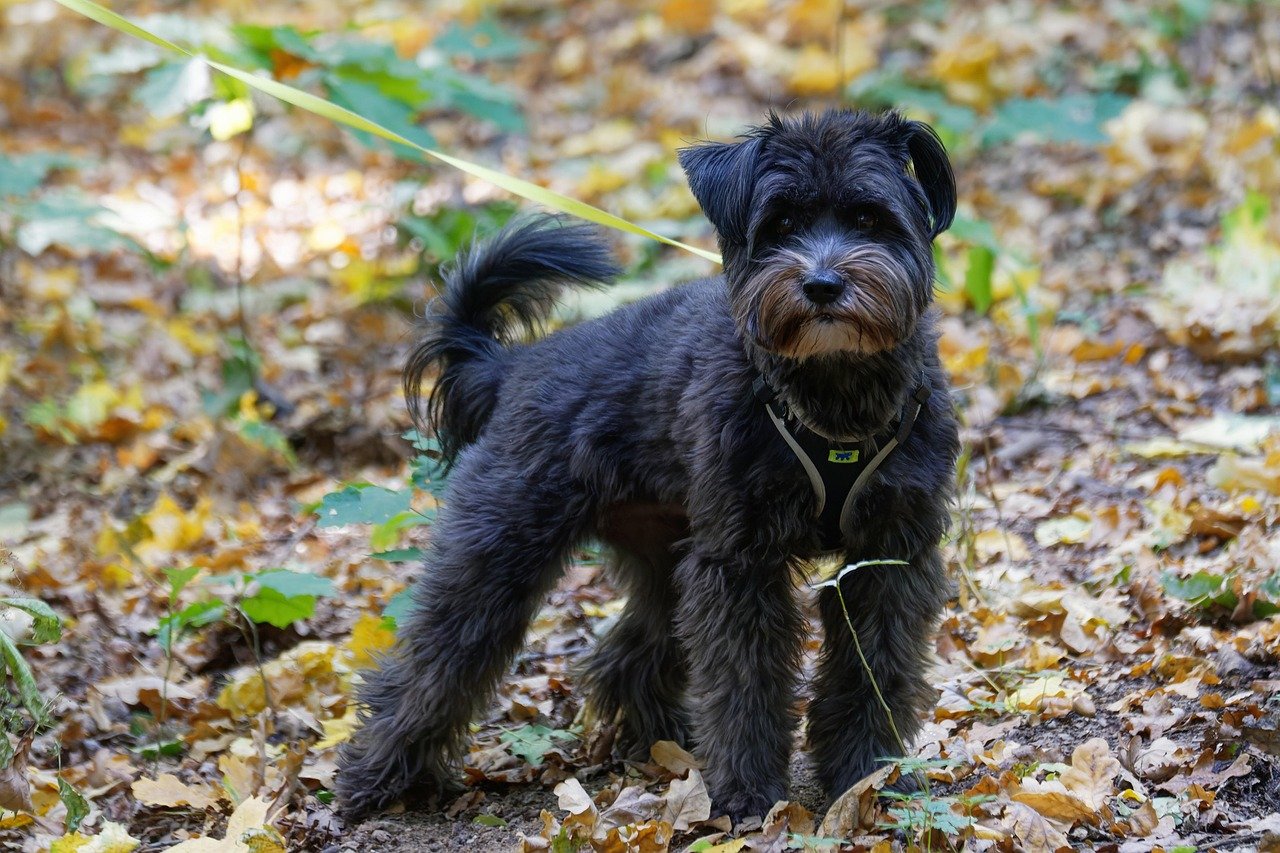
Standard Schnauzers are sturdy, loyal, and full of character. These dogs are known for their protective instincts and strong bonds with their families. Schnauzers are intelligent and adaptable, making them suitable for various therapy roles. They are alert and attentive, always keeping an eye on their young charges. Standard Schnauzers are also playful and energetic, ready to join in any adventure or game. Their wiry coats are low-shedding, which can be a bonus for children with allergies. Their combination of loyalty, protectiveness, and playfulness makes them a great fit for special needs households.
Vizsla: The Velcro Dog
Vizslas are often called “velcro dogs” because they love being close to their people. These dogs thrive on human companionship and form deep attachments to children. Vizslas are gentle, affectionate, and highly trainable, making them excellent therapy and support dogs. Their sleek coats are easy to care for, and their athleticism encourages outdoor play and exercise. Vizslas are sensitive to their owner’s emotions, often providing comfort during tough times. Their loyalty means they are always by a child’s side, ready to offer love and reassurance.
Sheltie (Shetland Sheepdog): The Sensitive Friend
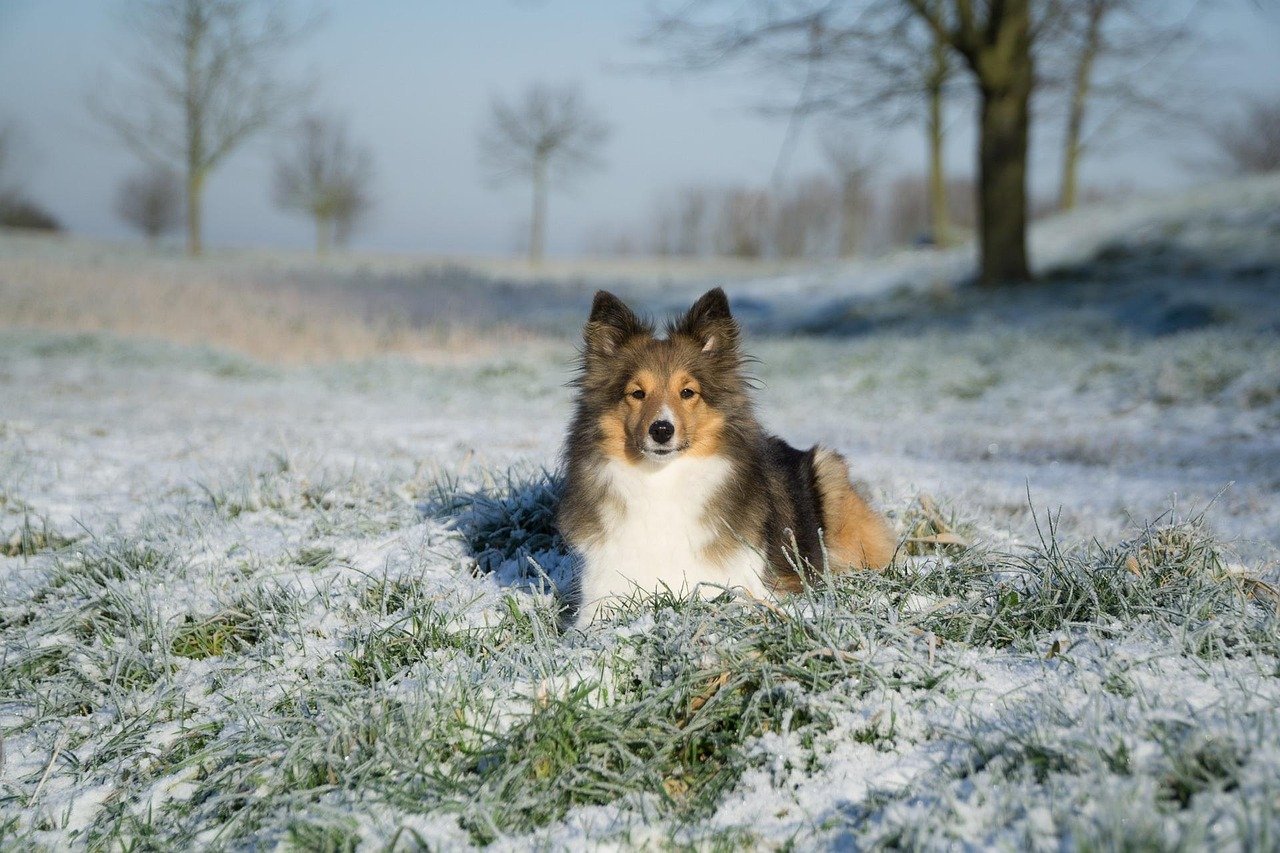
Shelties are small, graceful, and incredibly intuitive. These dogs are known for their intelligence and their ability to sense when something is wrong. Shelties are gentle and affectionate, forming close bonds with children who need extra support. Their love of routine helps provide stability in homes that need structure. Shelties are also playful, enjoying games and activities that encourage children to participate. Their soft fur and sweet faces invite hugs and cuddles, creating a comforting presence during stressful moments. Shelties’ sensitivity makes them excellent at responding to emotional needs.
Cocker Spaniel: The Gentle Soul
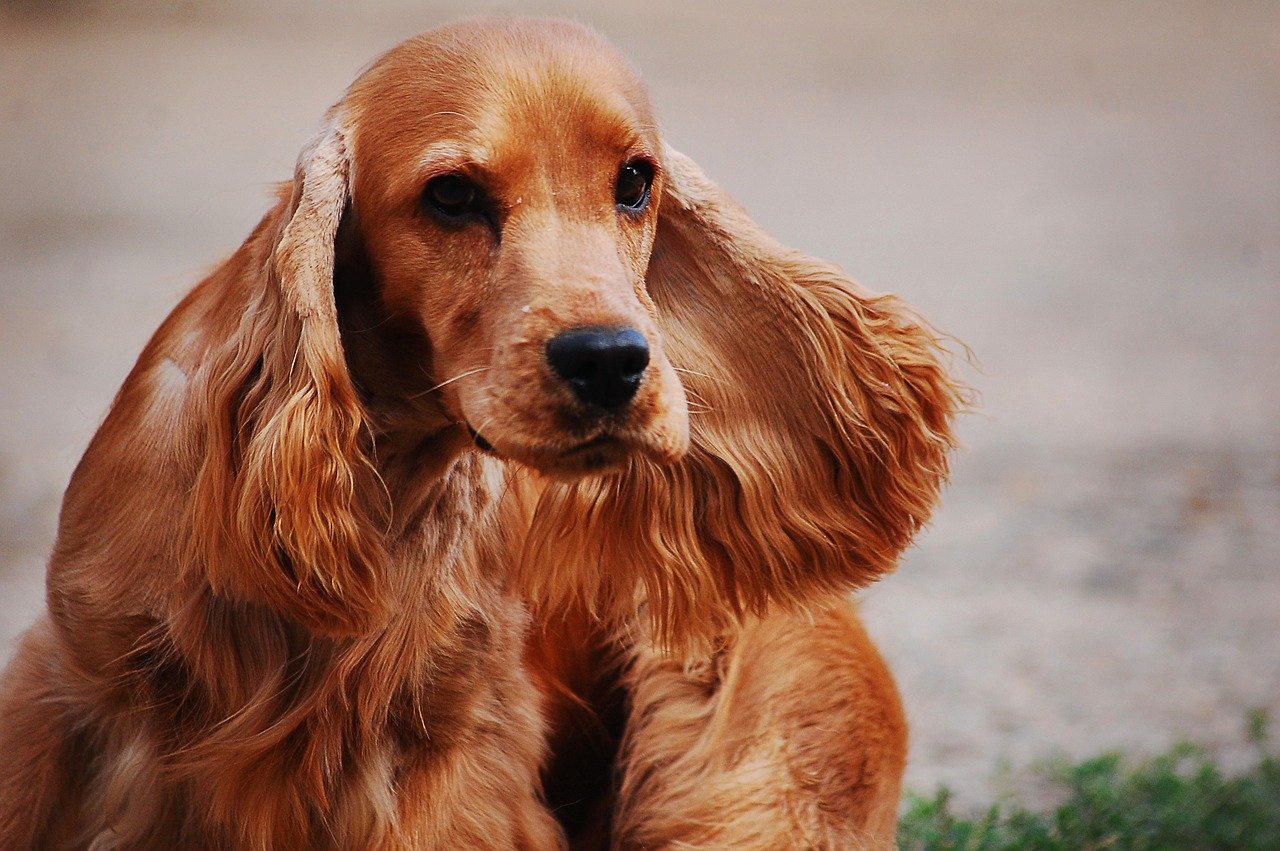
Cocker Spaniels are beloved for their sweet, affectionate nature. These dogs are gentle and patient, making them ideal for families with children who may need extra understanding. Cocker Spaniels are small enough to be handled easily yet sturdy enough for active play. They love being involved in family activities and are happiest when surrounded by their loved ones. Cocker Spaniels are sensitive to emotions and can often sense when a child needs comfort. Their soft, wavy coats and loving eyes make them irresistible companions. Their adaptability helps them fit into various routines and lifestyles.
Irish Setter: The Energetic Encourager
Irish Setters are known for their beautiful red coats and boundless energy. These dogs are joyful, playful, and love being part of the action. Their enthusiasm can encourage children to be more active and engaged. Irish Setters are affectionate and gentle, often forming strong bonds with children. They thrive on attention and love participating in games and activities. Irish Setters are also highly intelligent, making them easy to train for specific therapy or support tasks. Their friendly nature helps children feel accepted and included.
French Bulldog: The Loyal Sidekick
French Bulldogs may be small in size, but their personalities are larger than life. These dogs are affectionate and loyal, thriving on close connections with their family. French Bulldogs are calm and patient, making them suitable for children who may be sensitive to loud noises or sudden movements. Their compact size makes them easy to handle, and their laid-back temperament means they are happy to relax and snuggle. French Bulldogs are playful without being overly energetic, striking a perfect balance for many special needs families. Their expressive faces and silly antics often bring smiles and laughter.
German Shepherd: The Intelligent Protector
German Shepherds are renowned for their intelligence, loyalty, and protective instincts. These dogs are often chosen for service and therapy work due to their trainability and sensitivity. German Shepherds form strong bonds with their family, especially children, and are always watchful and attentive. Their ability to learn specialized commands makes them excellent support dogs for children with specific needs. German Shepherds are gentle with children, patient during play, and quick to sense when something is wrong. Their presence can make children feel safe and confident, encouraged to explore the world around them.

Esther is from India; the heartbeat of South Asia, holding a Master’s degree in Zoology and a postgraduate diploma in Animal Welfare. Her enthusiasm for animal welfare drives her passion and dedication to working for animals, ensuring their well-being, and advocating for their rights. With a solid academic background and hands-on experience, she is committed to making a positive impact in the field of animal welfare. In her free time, she enjoys embroidery and sewing. As a Chennaite from Tamil Nadu, Esther loves Bharathanatyam, an Indian classical dance form.

